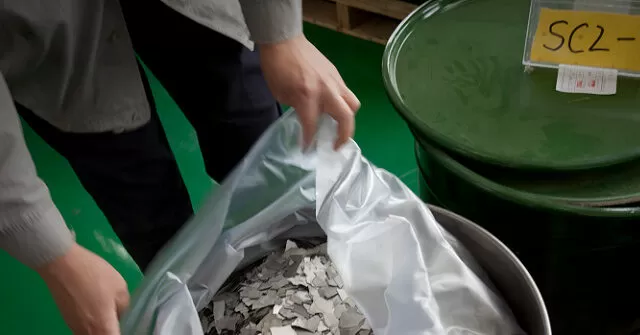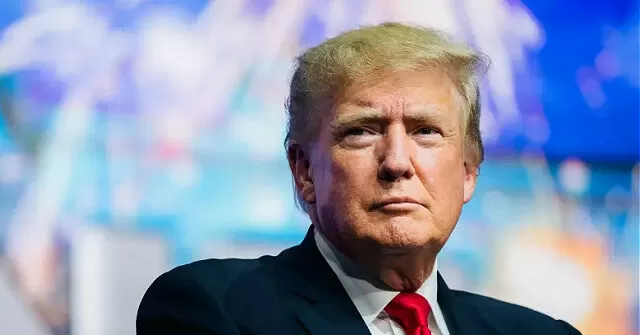China, one of the world’s leading producers of rare earth minerals, has recently announced a halt to the export of several of these crucial materials. This move, according to various reports, is set to have a major impact on key industries such as technology, automobiles, aerospace, and defense.
Rare earth minerals are a group of 17 elements that are essential in the production of numerous high-tech products. These minerals have unique properties that make them vital components in various industries. From smartphones and electric cars to military equipment and renewable energy technologies, rare earth minerals are used in a wide range of products.
China has long been the dominant player in the rare earth market, accounting for nearly 80% of the global supply. This dominance has given the country significant power in the industry, which it has not been afraid to wield in the past. In 2010, China cut its export quota of rare earth minerals, causing a global shortage and price hike. This move sparked concerns among other countries, leading to the exploration and development of alternative sources of these crucial minerals.
However, the recent announcement by China has sent shockwaves through the industry. According to reports, the country has halted the export of rare earth minerals with immediate effect. This means that countries relying heavily on these materials will have to find alternative sources or face severe consequences.
The impact of this decision will be felt most significantly in the technology industry. Rare earth minerals are used in the production of various electronic devices, including smartphones, laptops, and tablets. With China being the main source of these minerals, the tech industry is now facing the possibility of a supply shortage. This could result in higher prices for consumers and disrupt the production of new devices.
The automotive industry is also set to be heavily impacted by China’s decision. Rare earth minerals are used in the production of electric vehicle batteries, which are becoming increasingly popular as the world shifts towards greener modes of transportation. With China being the main supplier of these minerals, the halt in exports could significantly slow down the growth of the electric vehicle market.
The aerospace and defense industries are also expected to feel the effects of China’s decision. Rare earth minerals play a crucial role in the production of high-tech equipment used in these sectors. A shortage of these materials could lead to delays in production and potentially compromise national security.
The news of China’s halt in exports of rare earth minerals has caused concern and uncertainty in the affected industries. However, this move could also present opportunities for other countries to step in and fill the gap. Countries such as Australia, Brazil, and Canada have significant reserves of rare earth minerals and could increase their production to meet the demand.
Additionally, this decision by China could also incentivize other countries to ramp up their efforts in developing alternative sources of rare earth minerals. This could lead to a more diverse and resilient global supply chain, reducing reliance on one dominant player.
Some experts believe that China’s move is a strategic one, aimed at boosting its domestic industries. With the country’s rapid economic growth, the demand for rare earth minerals within China has also increased. By halting exports, China can satisfy its domestic needs while also driving up the prices of these minerals on the global market.
However, this decision by China could also backfire. By restricting the supply of rare earth minerals, the country risks losing its dominance in the market as other countries seek to reduce their reliance on Chinese supply. This could lead to the development of new technologies that do not rely on rare earth minerals, ultimately reducing their demand.
In conclusion, China’s decision to halt the export of crucial rare earth minerals is set to have a significant impact on key industries worldwide. While this move may present challenges in the short term, it could also lead to long-term benefits such as a more diverse and resilient supply chain. It remains to be seen how other countries and industries will respond to this development and whether it will lead to a shift in the rare earth market.










